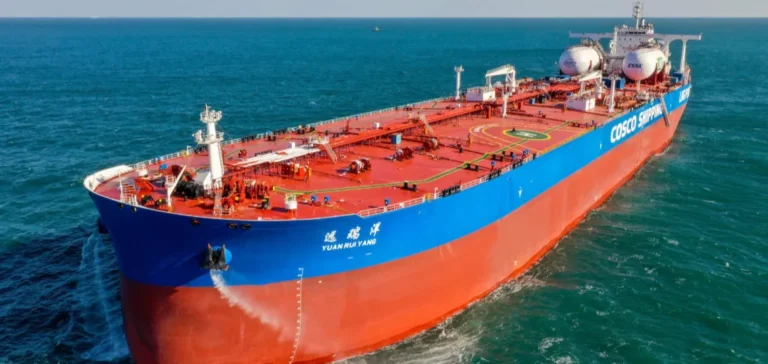Saudi Aramco has lowered the Official Selling Price (OSP) for its Arab Light crude bound for Asia for December deliveries, setting it at $1.00/barrel above the Oman/Dubai average. This represents a decrease of $1.20/barrel compared to November, marking its lowest level in nearly a year. The move reflects the weakening of Middle Eastern crude differentials and aims to maintain competitiveness against Brent-linked barrels.
Brent-Dubai spread impact and refiners’ arbitrage
The Brent-Dubai Exchange of Futures for Swaps (EFS) has remained negative in recent months, dropping as low as –$0.26/barrel. This inversion makes Brent-linked crudes, such as those from West Africa and Latin America, more attractive in the Asian market. Aramco’s adjustment offsets this price advantage without undercutting the quality premium of its grades. The Dubai cash premium, now near $1.12/barrel in early November, also indicates easing regional supply tightness.
Sanctions risk on Russian crude and Saudi positioning
Forthcoming 2025 US sanctions targeting Russian producers are heightening uncertainty over oil flows to China and India. These importers may reduce direct Russian purchases for compliance purposes, creating space for Saudi volumes as substitutes. With reliable logistics and stable contracts, Saudi Aramco is positioned to respond without deviating from its pricing discipline.
Stabilisation strategy over price aggression
The OSP cut is not a price war move but follows a mechanical pricing logic driven by refining margins and differential indicators such as Dubai cash and EFS Brent-Dubai. The $1.20/barrel decrease offsets the relative advantage of Brent-linked crudes, maintaining balance without discounting the value of Arab Light. This strategy supports term nominations amid uncertainty and aligns with OPEC+ production discipline.
Asian flows and logistics arbitrage implications
Key Asian refiners in China, India, South Korea and Japan will continue to weigh Dubai-linked offers against Brent-linked options, factoring in operational considerations such as gasoil/naphtha yields and hydrogen constraints for desulphurisation. Despite elevated Very Large Crude Carrier (VLCC) freight rates, Middle East proximity still provides a logistical edge for Saudi barrels.
Short-term outlook and market indicators to monitor
The Brent-Dubai spread trajectory remains crucial for upcoming OSP decisions. If Dubai cash premiums fall below $1.00/barrel, further pricing cuts for January could be warranted. Additionally, actual timelines for Asian compliance with US sanctions on Russian oil will directly influence Saudi nomination volumes and trading dynamics.






















